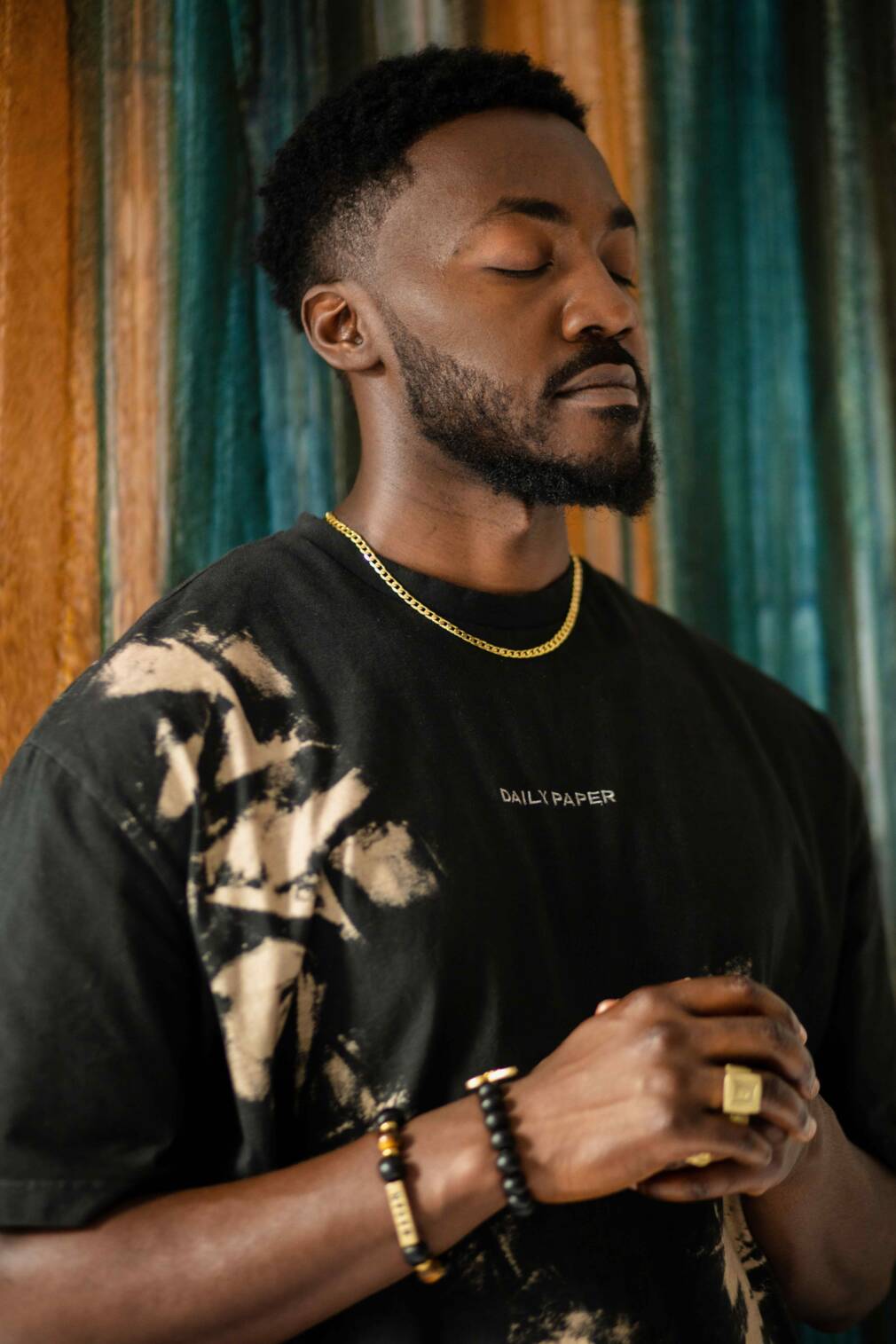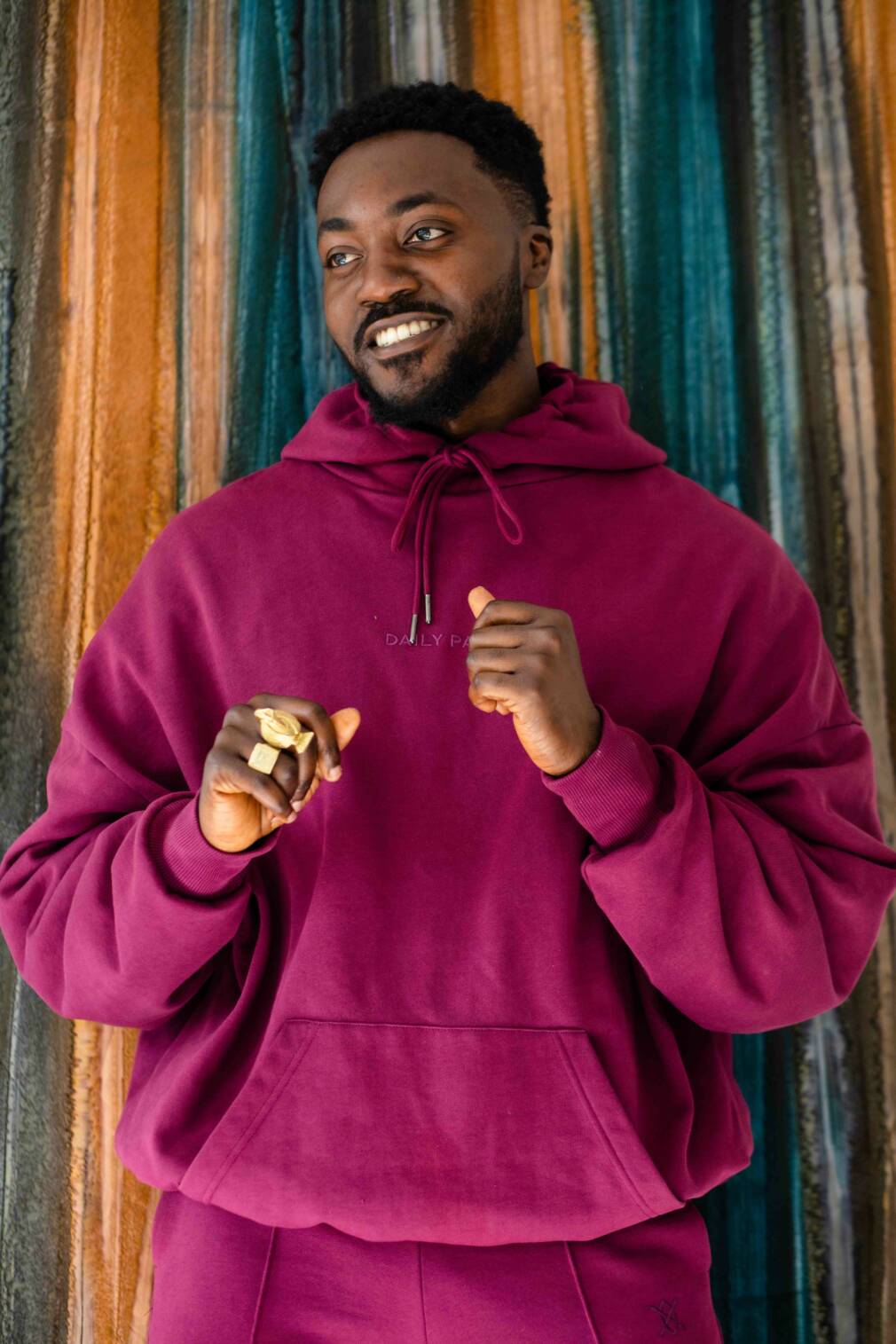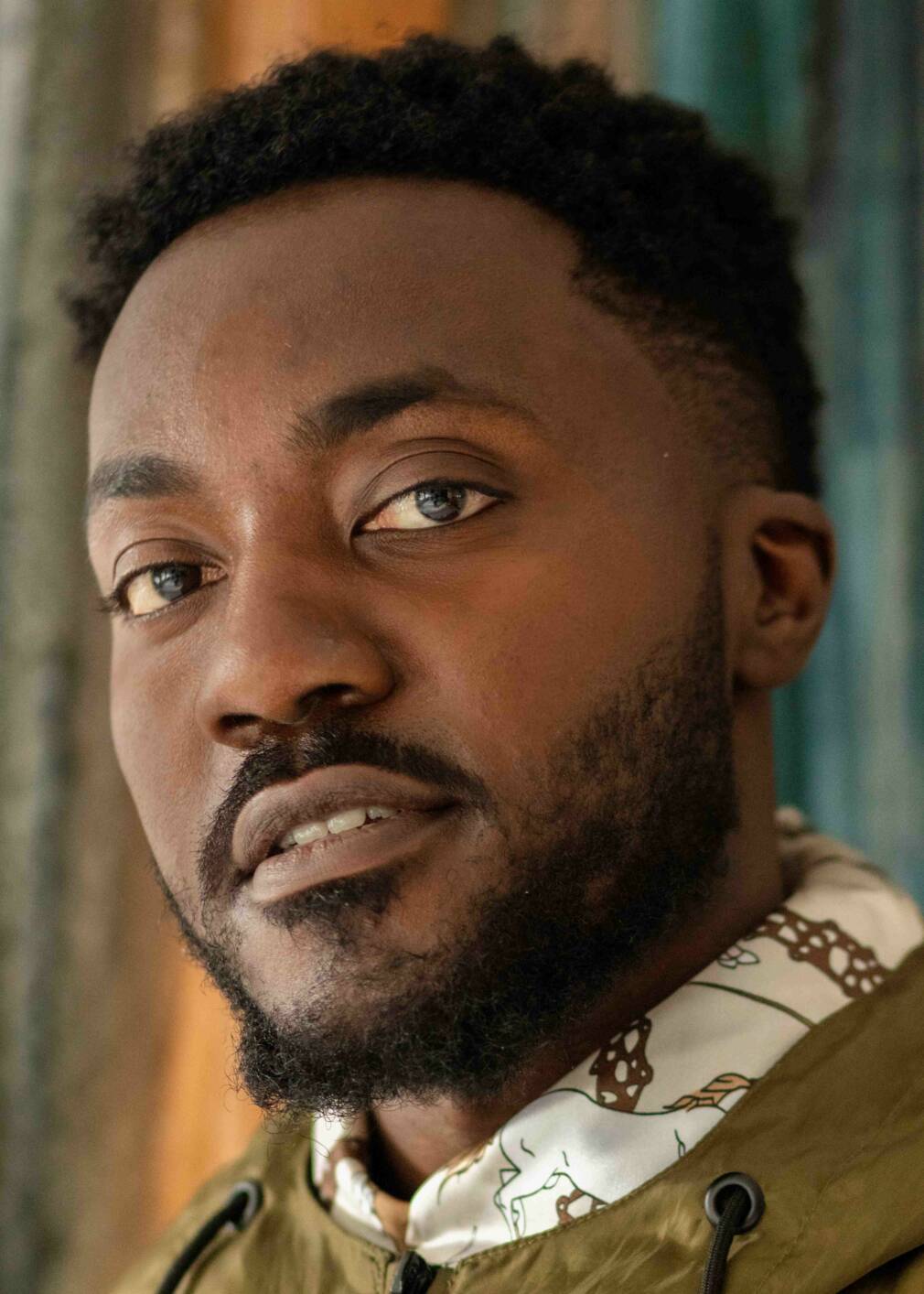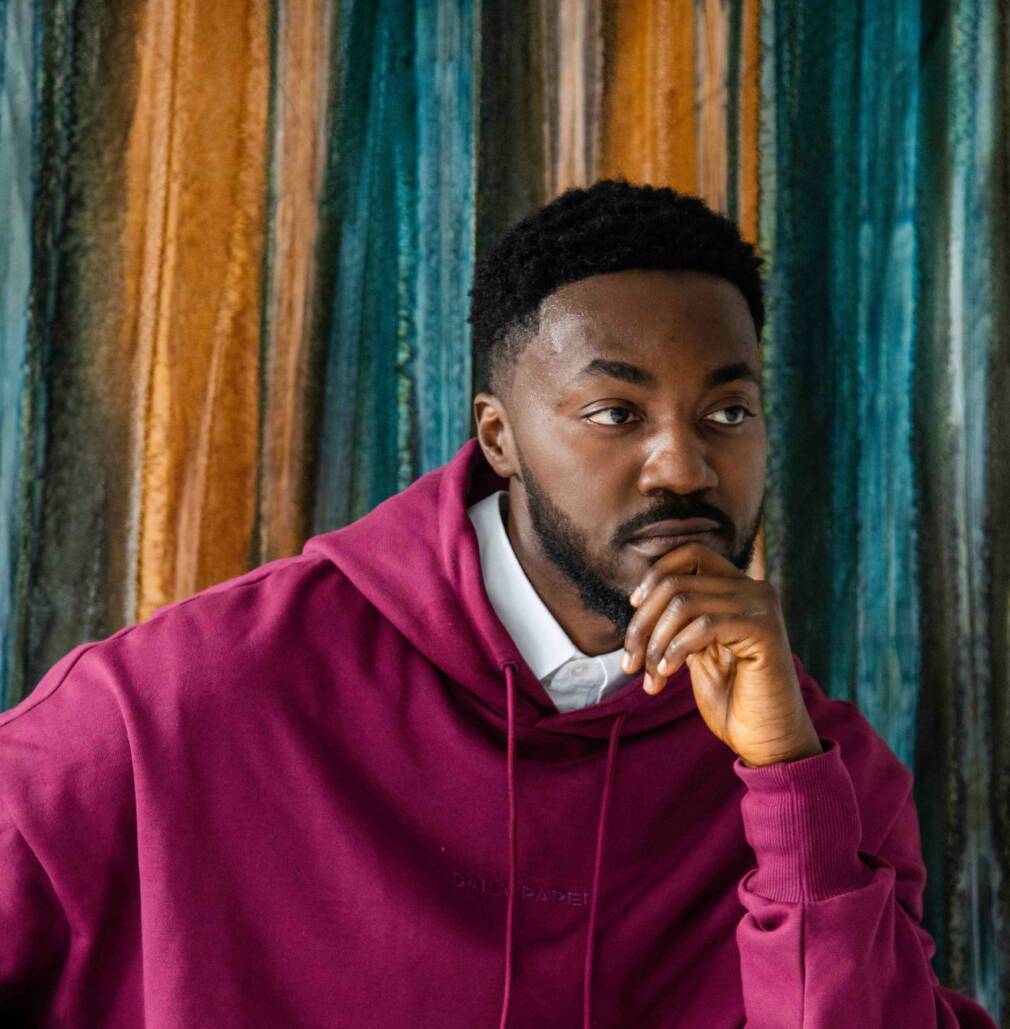South-London-raised but with one foot in Ghana, producer and DJ Hagan is on the line and `Still smiling! after playing Gilles Perterson’s We Out Here Festival where he showcased his catch of UK Funky, Gqom and Afro Bass.
We’ve arranged to chat about the inspiration for his debut album Textures dropping 7th October on Python Syndicate, plus a creative journey that has seen him picking up support from BBC Radio 1, Resident Advisor and NTS among others.
Following on from his sunkissed single “Pray For Me” which featured the soulful vocals of Filipino-Ugandan R&B artist Ayeisha Raquel, the forthcoming album was recorded between Ghana and London and is a sentimental homage to Hagan’s roots which is where we begin.
What music were you exposed to growing up?
I would say the most prominent type of sound when I was younger was Ghanaian music. My uncle used to live with us and he was a DJ so there was a lot of the music that he was playing in the functions, or at Ghanaian parties, weddings, christenings and so on. So highlife like Pat Thomas, Ebo Taylor and Fela Kuti, and then Ghanaian gospel, so at a very early age I was lucky enough to absorb some of those sounds.
And then.. (laughing) a little 80s soul music as well. Because for some reason, Ghanaians love having a section like that in their parties!
I was also heavily interested in percussion from a young age. When I was a baby, I’d go to my mom’s church, and every single time I’d go I would just be activated by the drums. So drums ended up being my first instrument. Then when I went to secondary school I was in the orchestra. Well, we called it an orchestra, but we didn’t really have the numbers for a real orchestra! So I was blessed to be exposed to different instruments and people and that opened my mind.

And then you returned to the source?
Yeah, so In 2018 I travelled back to Ghana, to work on a documentary about electronic music there. We went out to understand more about what producers are out there and how they fuse some of the electronic sounds with traditional elements.
We took the opportunity to find local instrumentalists that we’d interview and also collaborate with and the whole idea was of going back and understanding where some of my influences have come from. We made an EP and I kept in contact with those instrumentalists and then we went back in 2021 it grew into this album and the ideas matured.
Can you talk us through a track?
So there’s a track called “Royal Jama.” A Jama is where a group forms together to perform some chanting. For example, if you watch the Ghanaian football team you will see that before they play they come together and they play rhythms to kind of hype themselves up. You also have these university battles between different universities. So I used a sample of this on that track.

You’ve also said Textures was created via the lens of Ghanaian fishermen, can you tell us more?
I didn’t really know the best way of collecting my ideas in one space, so I thought the best idea would be to put together a YouTube playlist that included ambient sounds, drums, and Ghanaian musicians playing in their natural habitat. Then I stumbled across videos of fishermen, and from what I’ve read and what I’ve watched as well, Fishermen – what they do is before they go out to sea in order to motivate one another and in order to get themselves in that mood to go out to sea they form these groups and chant in unison to essentially get ready for the morning.
I was interested in this for two reasons.
First, when they go out it’s very early in the morning so on a lot of these YouTube videos I was watching you would hear that silence and I felt like this represents a contrast in my music. In my arrangements you might hear a lot of atmospheric sounds and stuff moving from left to right and it can be calm and cool. But when the fishermen actually go out to sea, the conditions change in terms of the waves, the current and so on, just like I introduce really hard basslines. So this mirrors how conditions change in my music which I would say is very genre fluid.

That sounds really cinematic! Can we look forward to some visuals for the album?
Yes! There’s gonna be some visuals of the Ghana trip as well as the mixing and mastering process. There’s a short movie too with music from the album as a soundtrack and a story that has been created by Mike from Python Syndicate. I actually played the role of a cab driver which was kinda funny! I’m really excited to share this as taken together with the album it really makes sense.
Your music draws upon Ghana but also South Africa, Brazil and the diaspora. What does pan-Africanism mean to you and how does it show up in your music?
Pan Africanism for me means the exchange of progressive ideals, creative processes and forward thinking economical principles for the betterment of the African continent. A sense of togetherness and understanding of our mixed cultures to empower one another.
Musically, for me it’s about coming together to understand our music’s similarities and differences. About merging traditional sounds with newer forms of music and forming new African sounds. It’s about remembering how rich African music is, and being proud of its significance in the world.





